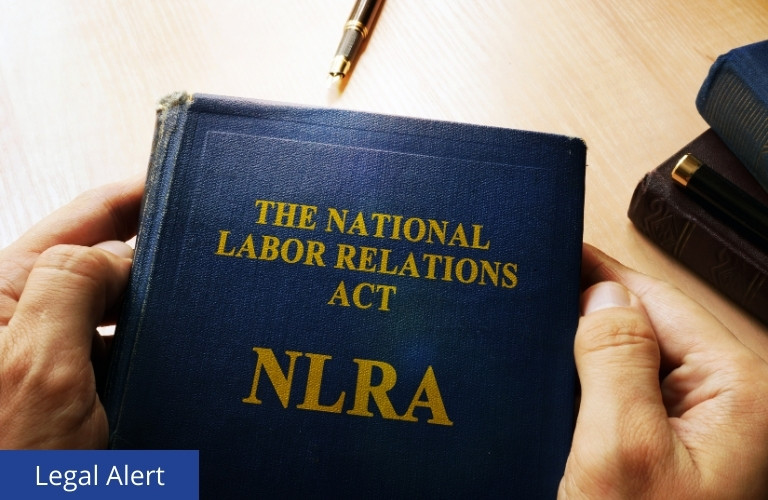
On October 27, 2023, the National Labor Relations Board (“NLRB”) issued a long-awaited final rule on the criteria for establishing joint employer status under the National Labor Relations Act (“NLRA”). This rule becomes effective on December 26, 2023.
The new rule makes it easier to establish a joint employer relationship under the NLRA, which can be significant for employers. A joint employer may be obligated to engage in collective bargaining with a union representing jointly employed workers, share liability for unfair labor practices committed by the other employer, and may be subject to labor picketing that would otherwise be unlawful. The final rule re-establishes the broad Obama-era standard of joint employment, where a company may be deemed a joint employer even in circumstances of indirect control and rejects the 2020’s rule of “direct and immediate control”.
Specifically, under the new standard, an entity may be considered a joint employer of a group of employees if each entity has an employment relationship with the employees and they share or codetermine matters governing the employees’ essential terms and conditions of employment. In other words, if an entity possesses or reserves the authority to control, directly or indirectly, one or more of the following, it will be considered a joint employer: (1) wages, benefits, and other compensation; (2) work hours and scheduling; (3) the assignment of duties; (4) the supervision of the performance of duties; (5) work rules and directions governing the performance of duties and the grounds for discipline; (6) hiring and firing decisions; and (7) workplace safety and health conditions.
The expansion of the joint employment standard will substantially impact business relationships, particularly for franchisees, contractors, and staffing agencies.
Given the significance of this expansion as well as the litigious history of the joint employer test since the NLRB’s decision in Browning-Ferris Industries of California, Inc., 362 NRLB 1599 (2015), we expect that the final rule will face legal challenges. If you have any questions regarding the issues raised in this client alert, please contact your Labor and Employment counsel at Smith, Gambrell & Russell, LLP.

